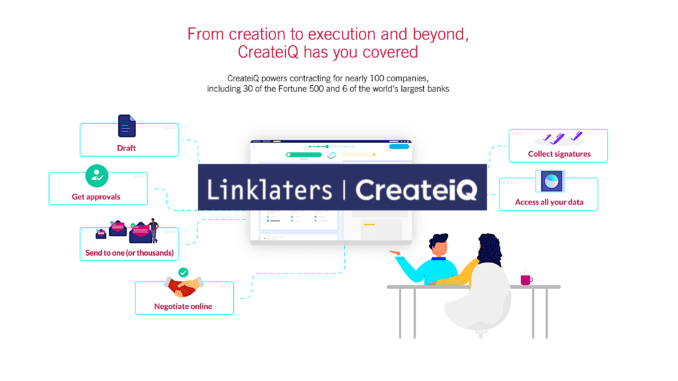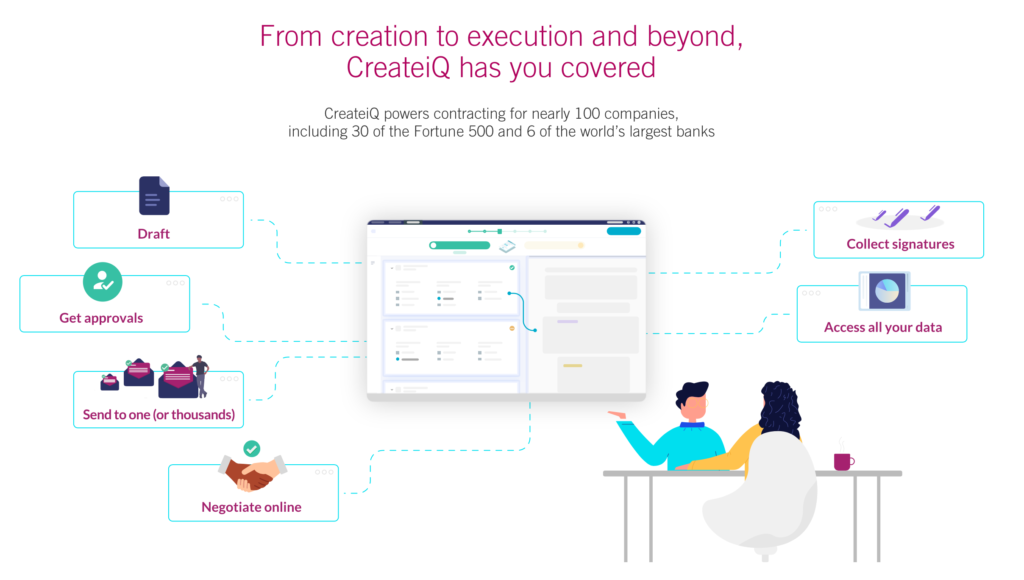
CreateiQ, the doc automation and contract management platform developed by global law firm Linklaters, is to work with the International Securities Lending Association (ISLA) to automate key documents supported by the standard-setting organisation.
It’s another example of templates, plus automation, plus standardisation. In fact, it’s not a million miles away from the story this morning about Clarilis and FromCounsel offering productised shareholder docs. Although in this case, ISLA is an industry body that sets standards for the sector, rather like ISDA does for derivatives, and with which CreateIQ also works. It also offers a broader set of capabilities around negotiation and data gathering.

Following a memorandum of understanding, the two teams will work on automating the Global Master Securities Lending Agreement (GMSLA), the GMSLA Security Interest 2018 (Pledge), and the recently published Master Confirmation Annex (MCA), and related documents.
As part of the deal, subscribing ISLA members will also be able to access a digitised version of the ISLA Clause Library on CreateiQ, which says of itself: ‘The platform dramatically reduces the time to draft and agree documents, while creating and providing real time access to contractual data in a structured format.’
The Linklaters software group, headed by its CEO, Shilpa Bhandarkar, added that over 200 institutions now are using the platform in the financial industry – including six of the 10 largest banks by assets.
Deepak Sitlani, CreateiQ board member and capital markets partner at Linklaters, commented: ‘We are very excited to work with ISLA on this first of its kind automation for securities lending negotiations, which will bring enormous efficiencies to banks and asset managers. This is a very significant step towards our goal of becoming the comprehensive contracting solution in financial markets.’
And Andrew Dyson, CEO of ISLA, added: ‘We are delighted to work with Linklaters to develop a digital version of the GMSLA and our other related documents on CreateiQ. One of the biggest challenges for our members is negotiating these documents efficiently and at scale and are pleased that they will now be able to benefit from all the functionality the platform has to offer.’
All in all, more evidence that the inescapable logic of standardisation of contracts and then automating where possible is gathering pace.
It’s also evidence that law firms can build legal tech products that gain real traction in the market – and perhaps this success may encourage other firms to do more here. So far, the overall feedback on law firm-built products is mixed, with some firms making significant inroads, with others losing interest in their product building. This one however, seems to be gaining momentum.